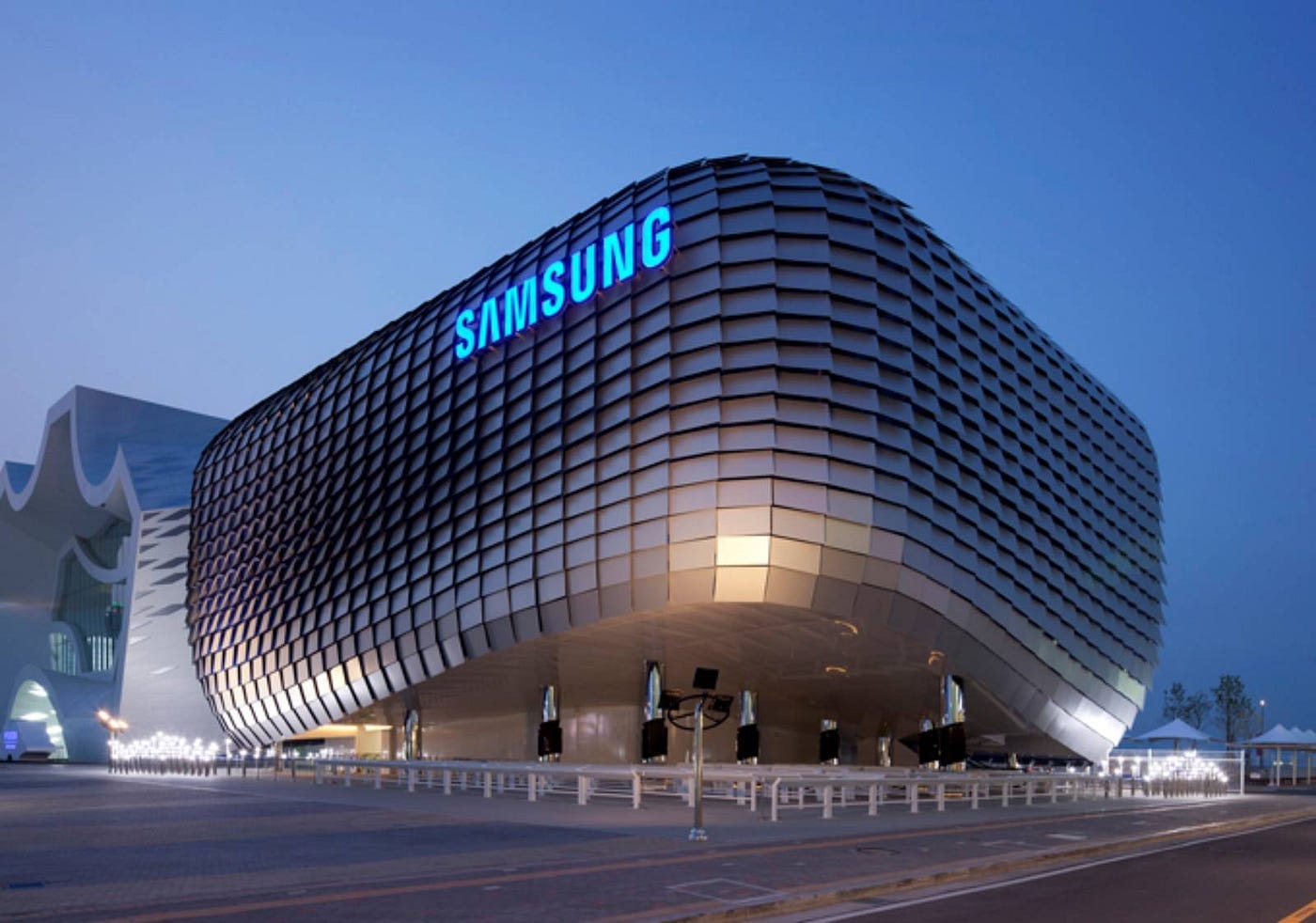In an unprecedented move, the National Samsung Electronics Union (NSEU) at Samsung Electronics (KS: 005930) initiated their first-ever walkout on Friday. This labor action underscores a growing assertiveness among the firm's workforce as South Korea's premier conglomerate intensifies efforts in the competitive arena of artificial intelligence-focused semiconductor technology.
The union, representing approximately 28,000 members—constituting over 20% of Samsung's staff—halted work for a day demanding better pay. Despite analysts suggesting the strike will not cause immediate disruptions to the production or shipment of semiconductors, the walkout sends a clear message to Samsung Electronics at a critical juncture as it seeks to close the gap in contract chip manufacturing with Taiwanese rival TSMC.
"Today's strike aims to open meaningful dialogue with management," stated NSEU official Lee Hyun-kuk. Additional actions were hinted at but not elaborated. Meanwhile, Samsung Electronics assured that their operations and production remained unaffected by the strike, noting the timing just after a public holiday meant fewer employees were on leave compared to the same period last year. The union has not revealed how many took part using annual leave.
The market reacted with a slight downturn in Samsung Electronics' shares, which finished down 0.1% on a day when the KOSPI benchmark index rose by 1.2%. According to TrendForce, a market researcher, the impact on DRAM and NAND flash memory production is expectedly minimal since much of the manufacturing process is automated. Furthermore, the walkout primarily involved workers at the Seoul headquarters rather than at production facilities, and was scheduled for a single day.
Recent weeks have seen an uptick in worker protests outside Samsung's Seoul offices and a chip production site in Hwaseong. These protests followed Samsung Electronics’ decision to hike wages by 5.1% this year. The NSEU, the largest of the company's five unions, seeks further commitments, including enhancements to the performance-based bonus system and an extra day of annual leave.
Interestingly, a coalition of unions at other Samsung affiliates, including another smaller union within Samsung Electronics, has pushed for negotiation over confrontation, indicating they would not join the current strike.
Amid these labor tensions, Samsung Electronics continues to face competitive challenges, particularly in the advanced chip sector. The company recently appointed a new head for its semiconductor unit to steer through what it termed a sector "crisis." A protracted labor struggle could complicate matters for Samsung, globally renowned as the top memory chip producer, as it vies to catch up with competitors in high bandwidth memory (HBM) chips vital for AI applications.
Samsung's peers, SK Hynix and Micron (NASDAQ: MU), are already supplying HBM chips to Nvidia (NASDAQ: NVDA), which dominates around 80% of the global GPU market for AI. Nvidia recently confirmed its continued reliance on these suppliers, with SK Hynix as its main partner. In contrast, Samsung's HBM chips have yet to receive certification from Nvidia, a critical milestone for both reputation and profit momentum.
While wrestling with challenges in its chip business, Samsung has managed to outperform Apple (NASDAQ: AAPL) in the smartphone sector, achieving the top spot in global shipments in the first quarter, accounting for 20% of deliveries, according to research by Counterpoint.
Union membership at Samsung has surged since the company’s 2020 commitment to stop discouraging organized labor. Union representatives highlight that younger employees increasingly view unions as tools for establishing a fairer workplace—contrast this to older generations who worry about potential productivity disruptions.
In South Korea, the union membership rate has remained at approximately 10% since 2004, based on data from the labor ministry.


 MU
MU
 NVDA
NVDA
 AAPL
AAPL








